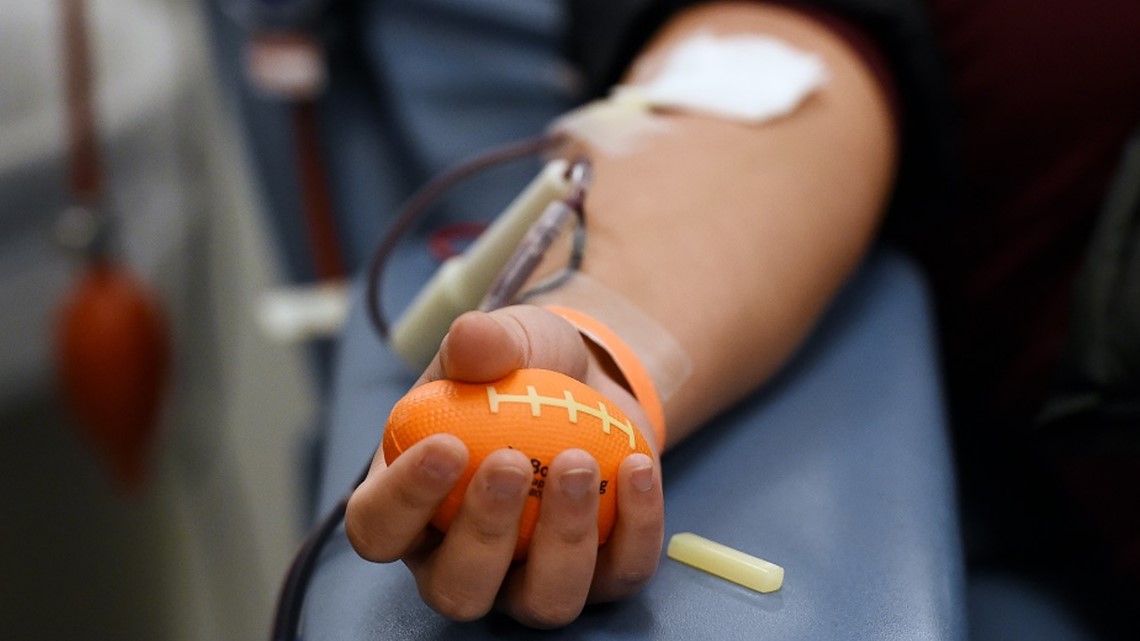Blood
Rule changes let more people donate blood
A new federal policy went into effect at some blood donation centers this week that allows more gay and bisexual, men to donate blood.
COLORADO, USA — A new federal policy went into effect at some blood donation centers this week that allows more gay and bisexual men to donate blood. LGBTQ+ advocates and some doctors said it’s long over due, which includes Dr. Sarah Rowan an infectious disease physician at Denver Health.
“It was really a discriminatory policy that wasn’t based on science so now we’ve seen a really important shift that’s more evidence based to look at activities as a risk for HIV rather than anything identity-focused being a rationale from keeping people from donating blood,” Rowan said.
According to the changes to the FDA policy that were approved in May, gay and bisexual men in monogamous relationships can now donate blood and instead of sexual orientation the new policy asks everyone about more specific sexual acts that may more likely put someone at risk for HIV.
“We know that HIV can affect anyone there’s nothing specific to being gay that makes someone more susceptible to HIV,” Rowan said. “It goes a long way to fighting stigma.”
Drew Austin said he knows what that stigma is like. The Coloradan is a gay man that may now be eligible to donate blood.
“I definitely think it’s a step in the right direction for sure,” he told 9NEWS via Zoom on Tuesday. “I think that’s my first reaction is that it’s such a win but it’s also such an invisible win like so many people didn’t know it was a limitation and so I think it’s also a really great opportunity to start having the conversation of what was that? And how do we apply that kind of barrier in other aspects of society and the world and things.”
Vitalant, the local blood donation center, is still preparing to allow the new eligible individuals to donate. In a statement to 9NEWS they said they expect to be able to make all changes and complete staff training later this summer, but don’t have an exact date of when they will be able to start scheduling these individuals. When the opportunity arises, Austin said he’s considering signing up.
“I definitely think it would be something I consider,” he explained. “I think it’s progress for the gay community but I think more so it’s about this idea of seeing the disparity that’s been around us and invisible for so long.”
While it took 40 years for these changes to take place, many believe it will only take months to see the difference it will make.
“There are many people who would be very happy to donate blood who were previously restricted. So I do think that we’ll see an increase in blood donations,” Rowan added.
There are still some restrictions. People who take PrEP, an HIV preventative medication, would have to be deferred for three months from their most recent dose. According to the FDA, that’s because current testing methods may result in a false negative for individuals taking that medication.
SUGGESTED VIDEOS: Latest from 9NEWS

